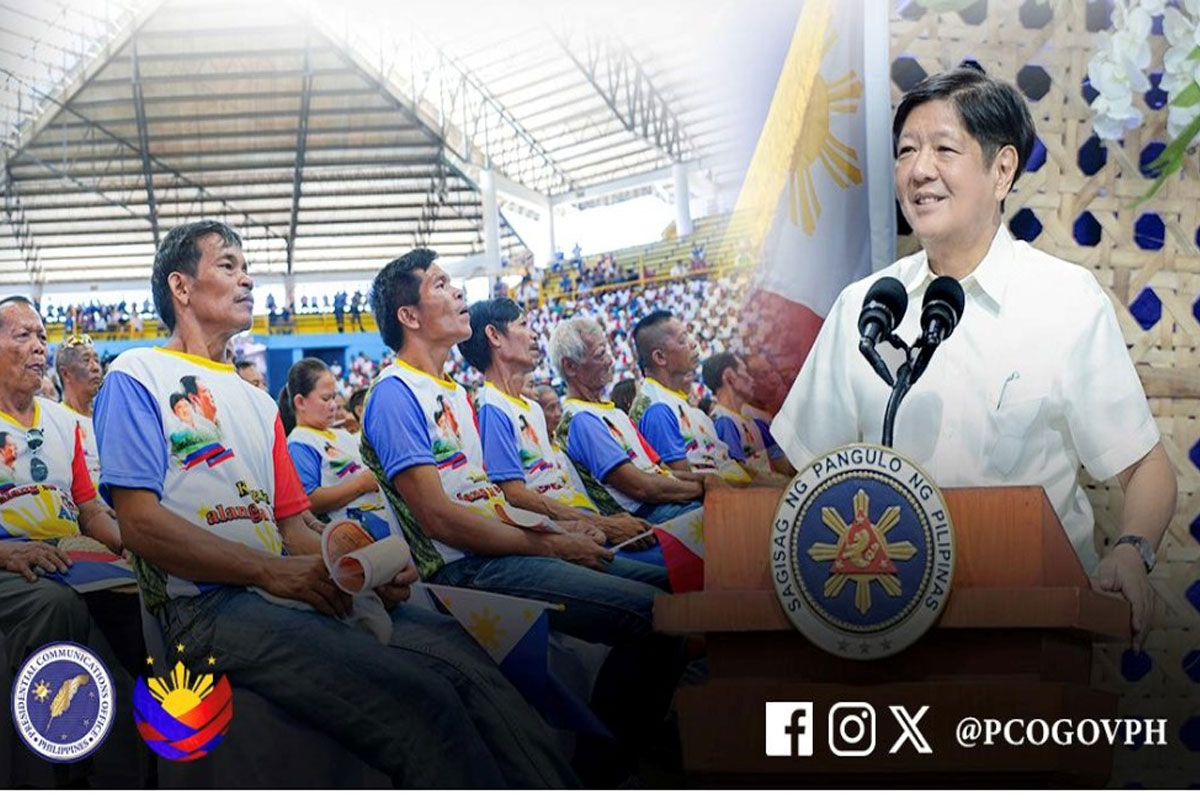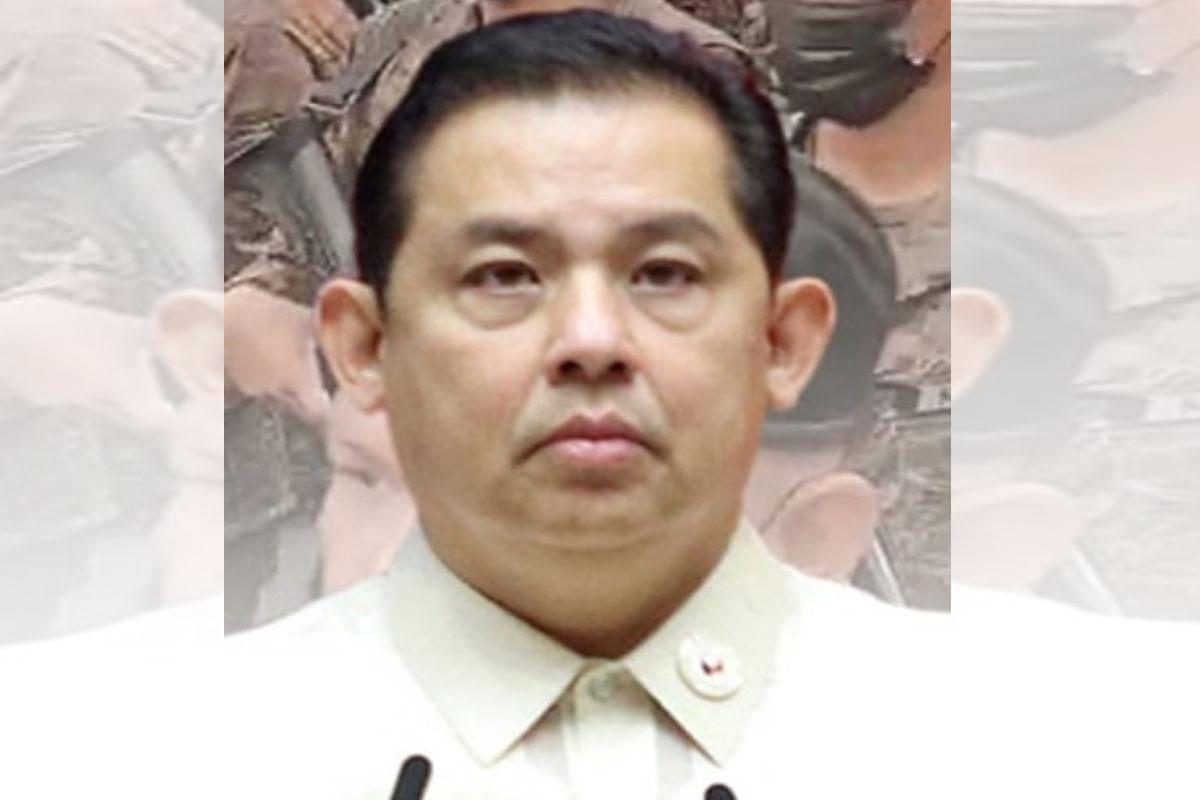 File photo of Chinese Coast Guard vessel
Photo courtesy of Joint Task Force West/Western Command
File photo of Chinese Coast Guard vessel
Photo courtesy of Joint Task Force West/Western Command
DML Gonzales urges hiked funding for WPS defense in 2025 budget
HOUSE Deputy Majority Leader and Mandaluyong City Rep. Neptali “Boyet” Gonzales II emphasized on Wednesday the urgent need for the government to allocate sufficient funds in the 2025 national budget to bolster the country’s capacity in safeguarding the West Philippine Sea (WPS).
In a press conference, Gonzales highlighted the necessity of prioritizing resources for maritime security, particularly in light of ongoing territorial disputes and security concerns in the region.
“It’s about time that the government recalibrates the allocation of funds to include the necessary resources to protect our West Philippine Sea,” said Gonzales, who chairs the House Special Committee on WPS.
Looking back at previous budget allocations, Gonzales noted that Congress had to reallocate P1.23 billion in confidential funds from certain government institutions to security agencies amid escalating tensions with China.
Gonzales underscored the importance of planning ahead for the upcoming budget cycle, noting that the Department of Budget and Management will soon issue a budget call for 2025.
He said that by now, the government should be well aware of the requirements for protecting the WPS, including the need for ships, Coast Guard support, helicopters, and other essential resources.
“It’s about time when we do the budget, the national government includes this as a major concern,” Gonzales stated. “Not only education, not only health, but also the protection of what is supposed to be ours.”
Gonzales emphasized the importance of having more ships and better Coast Guard abilities to deter potential threats or bullying in the region.
He agreed with the Philippine Coast Guard’s worries about their limited resources, such as small boats, and slow supply operations.
During the same press conference, Taguig City 2nd District Rep. Amparo Maria Zamora stressed the significance of resisting Chinese bullying tactics.
Zamora underscored the importance of the Philippines maintaining its resupply missions in the disputed area, stating that stopping such operations would indicate a surrender of territorial claims.
“Regardless of China’s bullying tactics, we should stand up against bullies, right?” Zamora asserted. “It’s crucial that we don’t halt our activities, no matter what harm they inflict upon us.”
For now, Gonzales said all the Philippines can do is file diplomatic protests.
Gonzales observed that China hasn’t responded to many diplomatic protests, but stressed the need to keep lodging them to show the Philippines’ strong commitment to its territorial claims in the region.
Diplomatic protests also serve to garner support from other countries with interests in the region, he pointed out.
He highlighted the role of video evidence in showcasing the aggressive tactics employed by China, which has led to increased condemnation and support from various nations.
“These videos help other countries understand the gravity of the situation,” Gonzales explained, noting that countries like Australia, Japan, and European nations have shown interest in supporting the Philippines and establishing security arrangements in the area.
1-RIDER Party-list Rep. Rodge Gutierrez, a member of the Special Committee on WPS representing the minority bloc, reiterated the legislature’s unwavering support for the Armed Forces of the Philippines and other security forces in their commitment to safeguarding the nation’s interest in the region.
He noted that while legislative efforts are underway, such as the imminent passing of the Maritime Zones Law, President Ferdinand “Bongbong” R. Marcos Jr. ultimately determines the specific approach to diplomatic incidents.
“As of the question of the diplomatic protest being the pinnacle of our response, I will have to say that perhaps we should understand that the Philippine President, as the Chief Architect of Foreign Policy has the final say on what we can and cannot do,” Gutierrez said.
Gutierrez also highlighted the importance of both domestic laws, including the Constitution, and international legal frameworks such as the United Nations Convention on the Law of the Sea (UNCLOS) and the support of arbitral rulings.
















